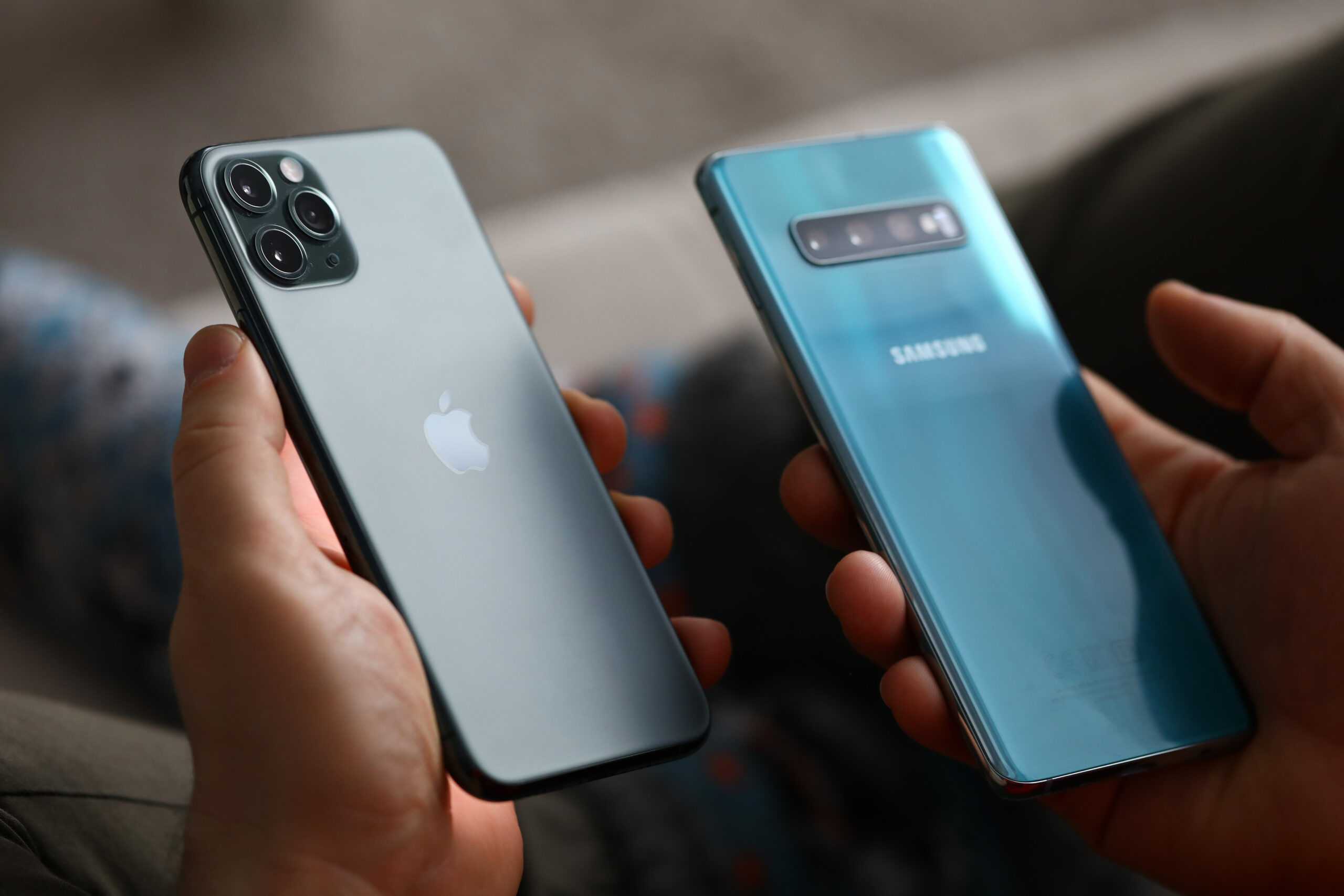One reason for Apple’s success has been its intuitive and accessible user interface and ecosystem across iOS devices. The tech behemoth has spent years refining its operating system and App Store, and while that’s clearly a benefit for the Apple audience, it can make it harder for some to leave this ecosystem in favor of Android (which is generally seen as more customizable but trickier for those who aren’t as tech savvy). Google is aware of this problem, and the company recently launched a “Switch to Android” app on Apple’s App Store to smooth the transition to its ecosystem.
The app is designed to help users import their iPhone contacts, calendar, photos, and videos (along with their iCloud photo/video library) to their new Android smartphone. It does not, however, assist with any migration of third-party apps, so the Android counterparts would have to be downloaded to the new device. Importantly, the app also explains to consumers how to turn off Apple’s iMessage – if they fail to do that, they may not receive text messages on their new Android device.
According to Interpret’s New Media Measure®, more than one-third of iOS users (compared to 27% of Android users) agree that new technologies are often complicated and difficult to use, so Google’s decision to help these consumers more easily migrate to Android seems like a smart move. The bigger challenge though is convincing consumers to upgrade to begin with. Interpret data shows that just 24% of iOS users intend to purchase a new smartphone in the next three months, whereas Android users are more likely to do so.
For many consumers today, a smartphone purchase is akin to a smart TV or computer; it’s not something that gets replaced every year. The typical smartphone life cycle has been increasing, and many will only upgrade their device when the battery is worn or the overall performance deteriorates. Feature enhancements such as better displays or cameras are often seen as too incremental to justify regular upgrades, and thus far major telecoms’ rollout of 5G technology hasn’t proven attractive enough given that 5G access requires an expensive unlimited data plan.




